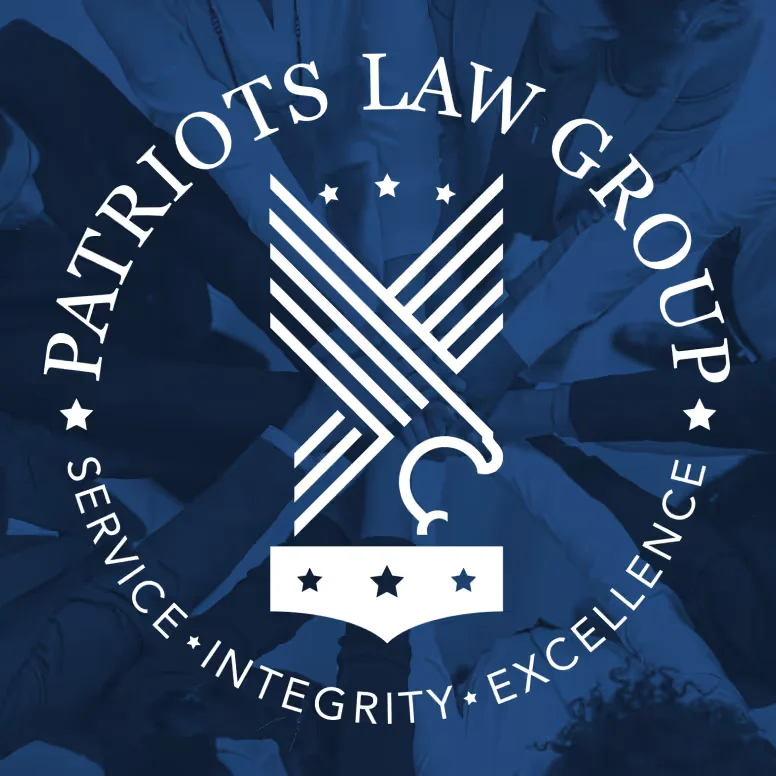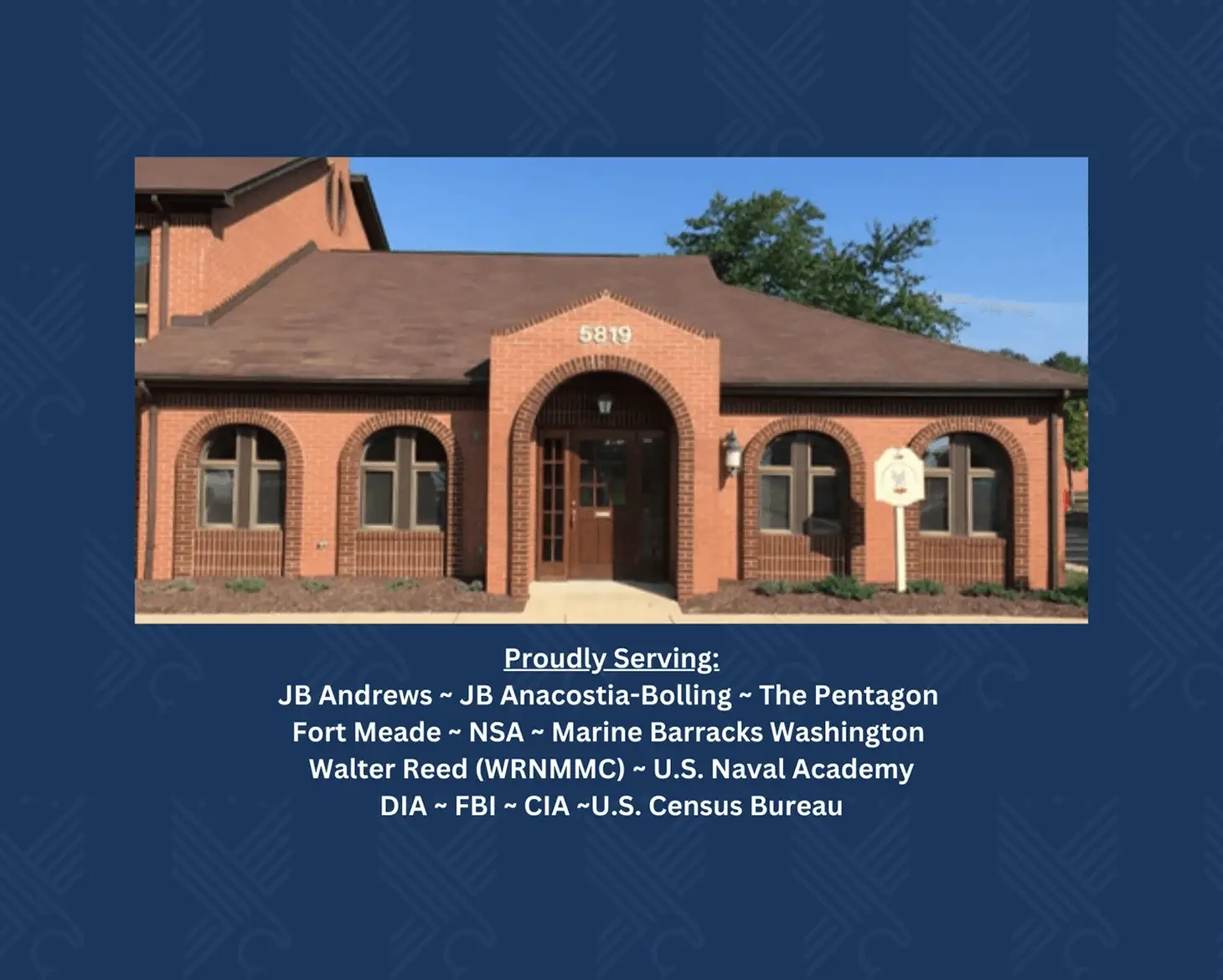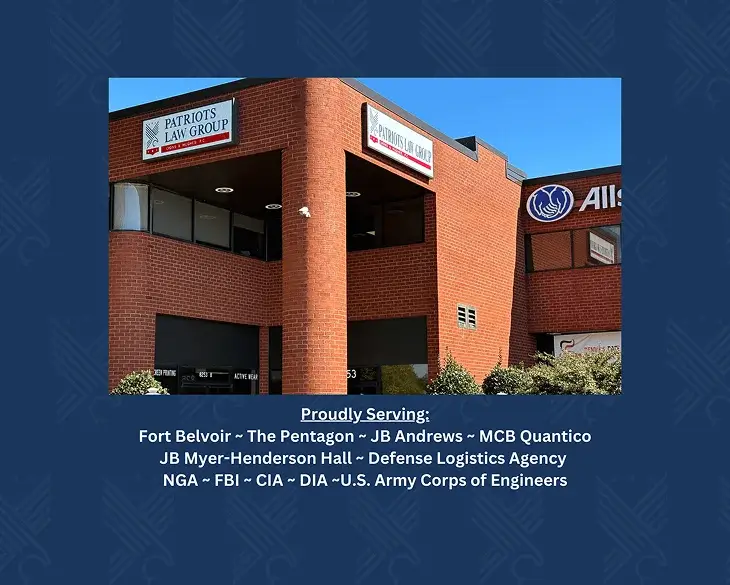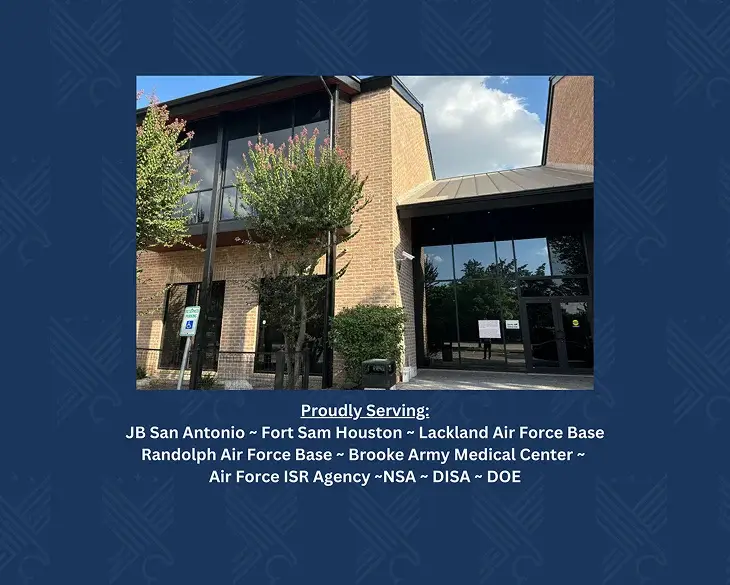
Veteran-Owned.
Military-Focused.
Delivering solutions for complex military, employment, security-clearance, and business law challenges.

We’ve Walked Miles in Your Boots
Our team of veteran attorneys is committed to serving the military and national defense community. With firsthand military experience, we fully grasp the unique legal and practical challenges tied to military life. Our mission is to protect service members, military families, veterans, and DoD employees facing complex cases at the intersection of military and civilian laws – particularly in the areas of family law, employment law, security clearance law, and military law.

Our Mission
Our mission is to provide unmatched legal services to military & DoD clients by leveraging real-world military experience with years of success in military, employment, security clearance, and family law cases.

Our Vision
Our vision is to be the nation’s leading law firm in the complex legal problems that arise at the intersection of civilian and military life.
Hear From Our Clients
I HIGHLY recommend Patriots Law Group of Lyons and Hughes, they truly stand by their motto of Service Integrity and Excellence!

What We Can Do For You
Legal Counsel: At The Ready



Military Law Blogs & Podcasts
5 Critical Actions To Protect Your SBP Benefits In Divorce

Intel In Your Inbox
Our Newsletter Delivers All Things Military Law.















